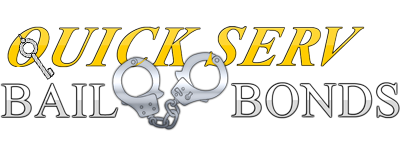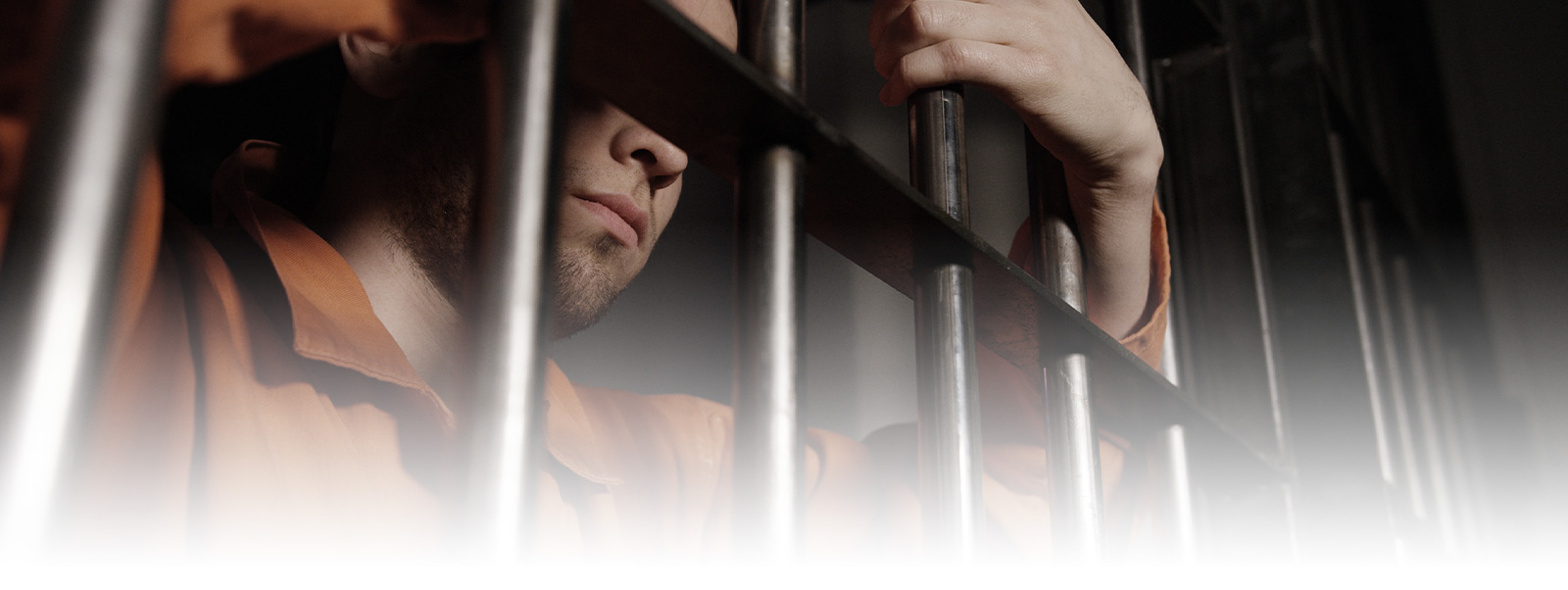
How Do Bail Bonds Work?

When someone is arrested, the court may set a bail amount to ensure they return for their court appearance.
If paying the full bail is not feasible, a bail bond company like QuickServ Bail Bonds can help. By paying a small percentage of the total bail, we post the bond on behalf of the defendant, securing their release. In return, the defendant agrees to attend all required court dates. This process allows individuals to regain their freedom while awaiting trial without the financial burden of covering the full bail amount upfront.
Who determines a person's bail amount?
The bail amount is set by a judge during a bail hearing. The judge will consider a variety of factors, including the severity of the crime,previous convictions, the defendant's ties to the community, family, and whether or not they have steady employment.
Why do I need to hire a QuickServ Bail Bonds?
If you cannot afford bail, you need to hire a bail bondsman. You will pay a small fee plus 10% of the bond to the agent, who will take on the responsibility of the full bail amount.
What information do I need when contacting QuickServ Bail Bonds?
When contacting a bail bondsman, make sure you know
-
- The full name of the person in jail
- What jail they are in
-
- Their booking number
- Their charges
-
- Any other information you can get
Where do I go to post bond?
The QuickServ Bail Bondsman will usually meet you at the jail to post the bond, although in some cases they may be willing to come to your home. If you are not in the same city as the defendant all paperwork and payments can be handled electronically or over the phone.
When will the bail agent post bond?
The bail bondsman posts the bond after the premium has been paid and any collateral has been signed over.
How long will it take for defendant to be released from jail?
The process of bailing someone out can take a short time or several hours. It depends on the circumstances and how crowded the jail is.
What are the defendant's responsibilities once they've been released?
After the person has been released, they must show up for all court proceedings and meet any conditions set by the bail bondsman.
What happens if the defendant doesn't show up for their court dates?
If the defendant fails to appear in court, the bail bondsman will be required to pay the full bail amount, if this happens or if the defendant violates any bail conditions. The bail bondsmen will locate the defendant and take them back to jail. If the defendant does not make their court date you could lose any collateral that was signed over with the bond, but as long as the defendant complies with the terms set by the bail bondsman and shows up for all court dates, you shouldn't have anything to worry about.
How long do I have to abide by the terms of the bond?
Once the trial is over you are no longer obligated to the bond or bondsmen. It does not matter whether the defendant was found innocent or guilty.


